When you walk into a funeral home, you might notice the serene atmosphere and attention to detail. What you don’t see are the physical demands that come with this deeply compassionate work. Directors, embalmers, and staff dedicate themselves to caring for others, often at the expense of their own well-being. It’s time to change that. The rising demand for ergonomic solutions is not just about equipment—it’s about taking care of the people who care for everyone else.
Why Ergonomics Matter in Funeral Homes
We’ve spoken with many funeral home professionals who share a common experience: lifting and transferring bodies or caskets takes a toll on their health. Back strain, shoulder injuries, and other musculoskeletal issues are far too common. These injuries don’t just affect the person in pain—they impact the whole team’s ability to serve grieving families.
Ergonomics—designing tools and processes to make work safer and more efficient—addresses these challenges head-on. By reducing physical strain, funeral homes can protect their teams and ensure they continue providing the high level of care families expect.
What’s Driving the Shift to Ergonomic Solutions?
- An Aging Workforce
Many funeral professionals have spent decades in this field, dedicating their lives to serving their communities. As they age, the physical demands of the job don’t get any easier. Ergonomic tools ensure these seasoned professionals can continue their work safely and comfortably. - Workplace Safety Compliance
OSHA regulations are increasingly emphasizing safety in physically demanding industries. For funeral homes, adopting ergonomic equipment isn’t just about compliance—it’s a proactive way to show employees that their safety matters. - Caring for Employees
Funeral homes often operate like close-knit families. Investing in ergonomic tools sends a clear message: “We value you and want to protect your health.” This can significantly improve morale and help retain skilled staff. - Rising Workloads
With more families relying on funeral homes, the pressure on staff continues to grow. Ergonomic solutions allow teams to handle increased workloads without sacrificing their well-being.
Real-World Ergonomic Solutions for Funeral Homes
Through conversations with funeral directors and staff, we’ve seen how the right tools can make a meaningful difference:
- Body and Casket Lifts
These lifts take the heavy lifting off your team’s shoulders—literally. They enable staff to safely transfer bodies and caskets without risking injury. - Multi-Directional Wheels
Navigating tight spaces is a common challenge in funeral homes. Equipment with multi-directional wheels ensures smooth, effortless movement. - Height-Adjustable Surfaces
Embalming tables and workstations that adjust to the user’s height make tasks more comfortable and reduce strain. - Training Programs
Even the best tools are only as effective as the people using them. Providing proper training ensures your team gets the most out of their equipment while staying safe.
The Benefits of Prioritizing Ergonomics
By embracing ergonomic solutions, funeral homes are not just addressing workplace injuries—they’re improving the entire operation. Here’s how:
- Fewer Injuries: Your team can work confidently, knowing they’re protected from strain and overexertion.
- Improved Efficiency: Tasks that used to require multiple people can now be done safely by one, saving time and resources.
- Cost Savings: Fewer injuries mean fewer workers’ compensation claims and less downtime.
- Team Morale: Showing employees that you care about their well-being fosters loyalty and a positive workplace culture.
Looking Ahead
Funeral homes are built on compassion, and that compassion should extend to the people who make everything possible. Prioritizing ergonomic solutions is more than a business decision; it’s an investment in your team’s health and the future of your operations.
By adopting tools and practices that support your staff, you can ensure they continue to provide exceptional care—without sacrificing their own well-being. Let’s work together to create a safer, healthier, and more sustainable future for the funeral home industry.
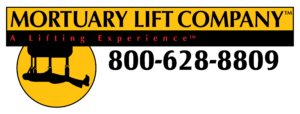
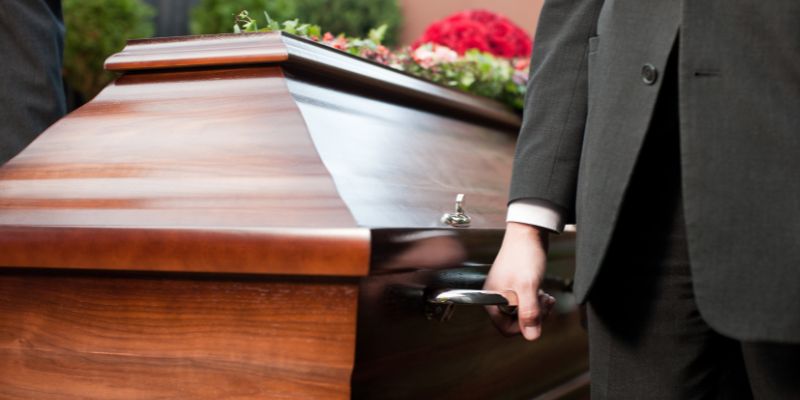
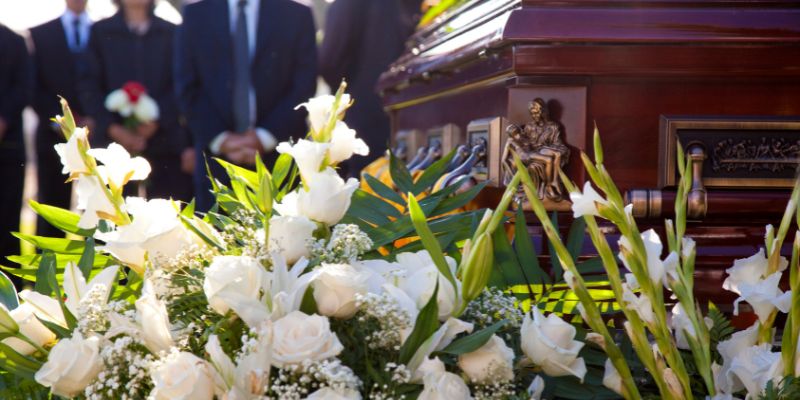
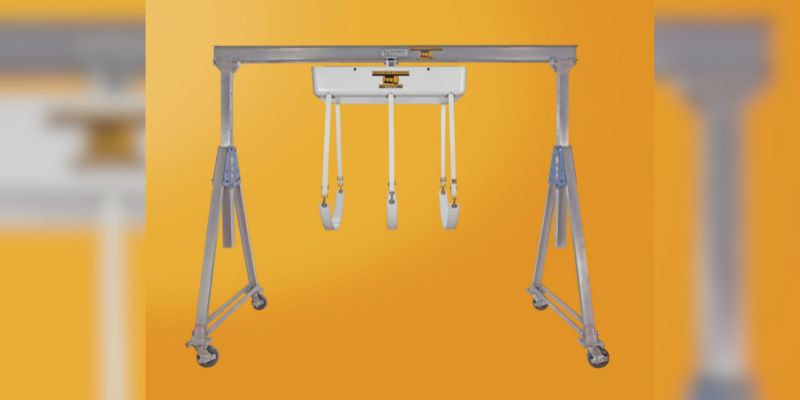
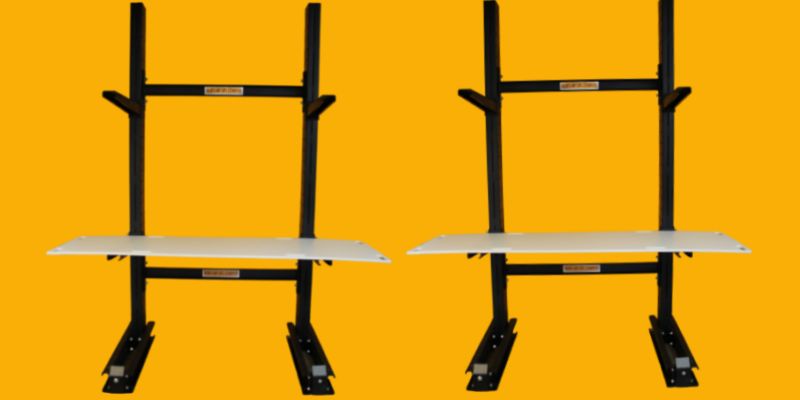
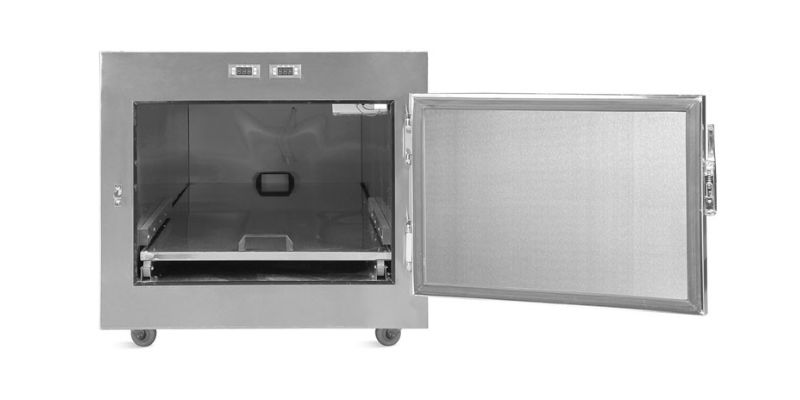
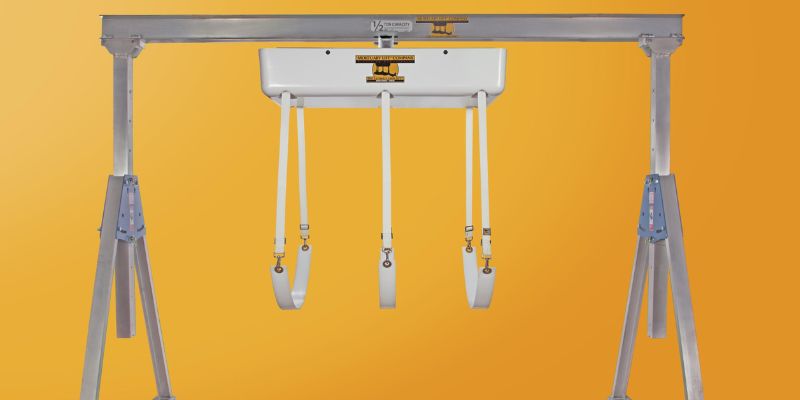
Leave A Comment